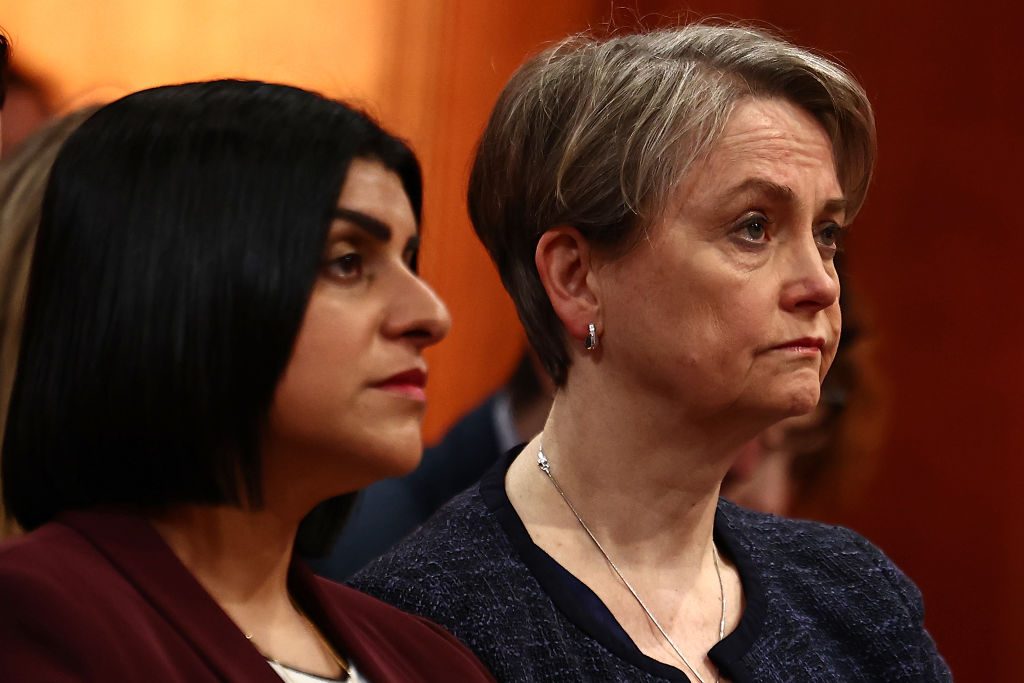There is another split in the Labour ranks, this time over international law and whether the European Convention on Human Rights can be reformed to fix Britain’s immigration crisis.
New Home Secretary Shabana Mahmood this week said that other European countries are “talking to me about Britain playing the leading role in that discussion around reform of the convention”. Back in June, when she was justice secretary, she gave a speech in Strasbourg arguing for reform of the ECHR. And last week, before the Government reshuffle, she told the Lords Constitution Committee that European countries see the UK as on the “maximalist end of the spectrum when it comes to interpreting how we might comply with our international obligations”.
This week, however, Attorney General Lord Hermer appears to have contradicted the idea that reforms to the ECHR would help Britain reduce illegal immigration. He told the Lords Constitution Committee that “it would be a political trick to pretend that in the short term” changes to the ECHR will “make a difference to what we are currently facing and what we are determined to address in really practical ways”.
Yet in May earlier this year, when he gave the RUSI Annual Security Lecture, Hermer mentioned reforming international law seven times as the key to fixing the country’s illegal immigration problem. Up to 8 September this year, Home Office statistics showed that over 30,000 people had arrived in Britain illegally on small boats, up from 22,440 for the same period last year.
Arguing for Labour’s school of foreign policy dubbed “progressive realism”, he rebuked “pseudo-realists” who want to replace the “rules-based international order” with raw power. On the contrary, he argued that Britain ought not to pull out of international treaties, but that “as progressive realists we recognise that international law cannot stand still and rest on its laurels.” He added: “It must be critiqued and where necessary reformed and improved […] Nor do I argue for one moment that the international law system covers every problem.”
“As we have shown time and again as a nation,” Hermer said, “we have proven that reform is possible and institutions can be reformed.” But this week, he noted that the last time the ECHR protocol was changed, it took nine years of wrangling.
Responding to Hermer’s most recent comments, a Government spokesperson said: “We have been clear that the UK will remain a member of the European Convention on Human Rights; we do not need to withdraw to deliver meaningful reform.” They added: “The Government’s immigration white paper sets out new plans to tighten the application of Article 8 of the ECHR — giving courts the clarity they need so our immigration rules are no longer abused.”
Reform of the judiciary at home may then be possible, but reform of the ECHR, as Hermer has admitted, is likely to take years if it is possible at all. Even if it were possible in the short term, according to Hermer, it wouldn’t help the country deport more illegal migrants. His latest intervention certainly makes life difficult for a Home Secretary increasingly focused on ECHR reform as the cure for the country’s ills.











Join the discussion
Join like minded readers that support our journalism by becoming a paid subscriber
To join the discussion in the comments, become a paid subscriber.
Join like minded readers that support our journalism, read unlimited articles and enjoy other subscriber-only benefits.
Subscribe